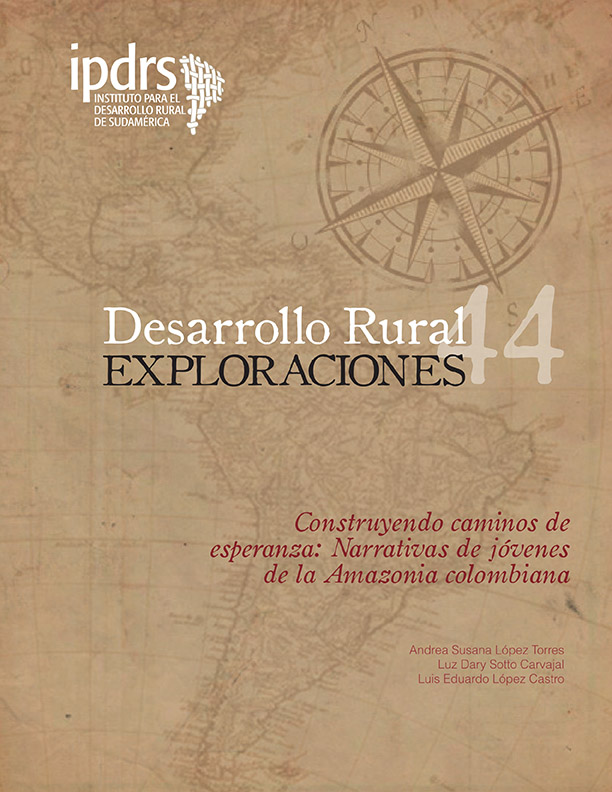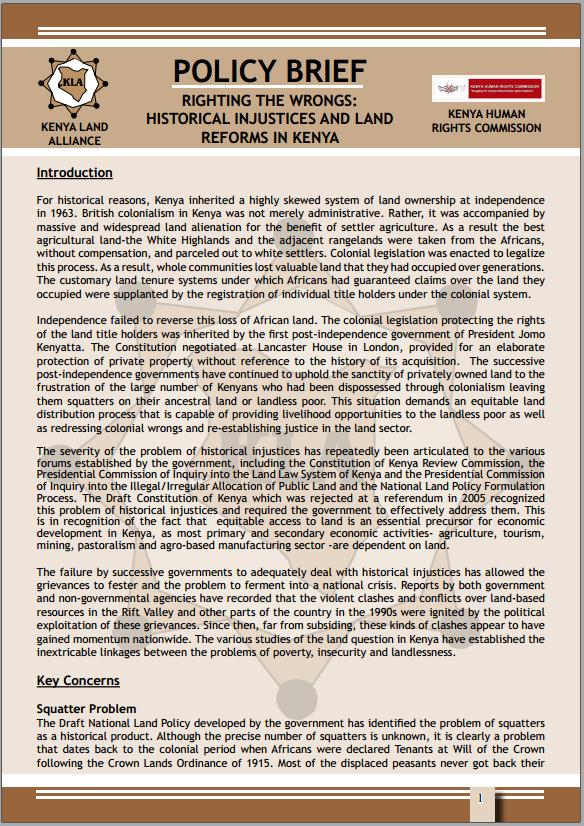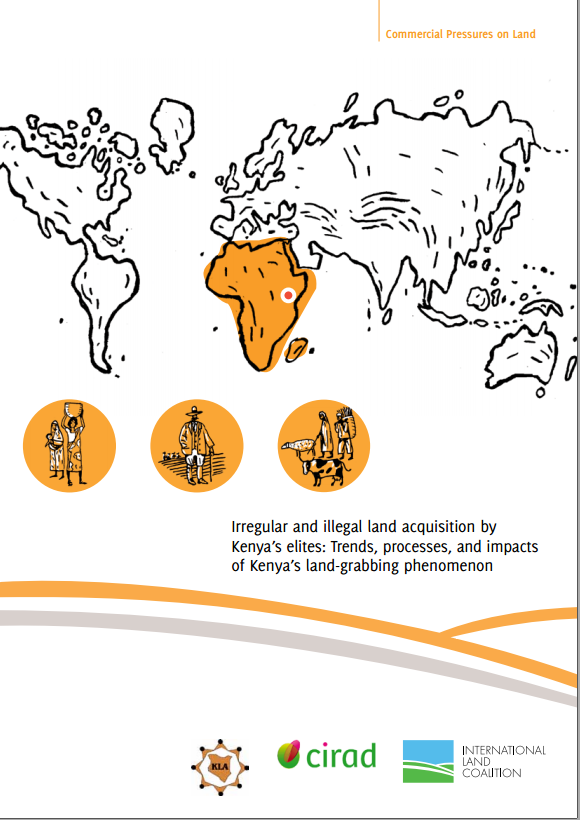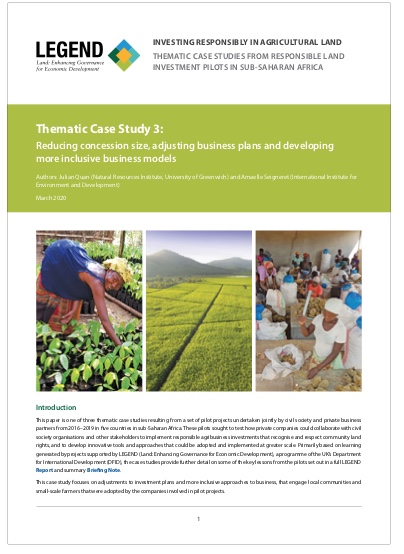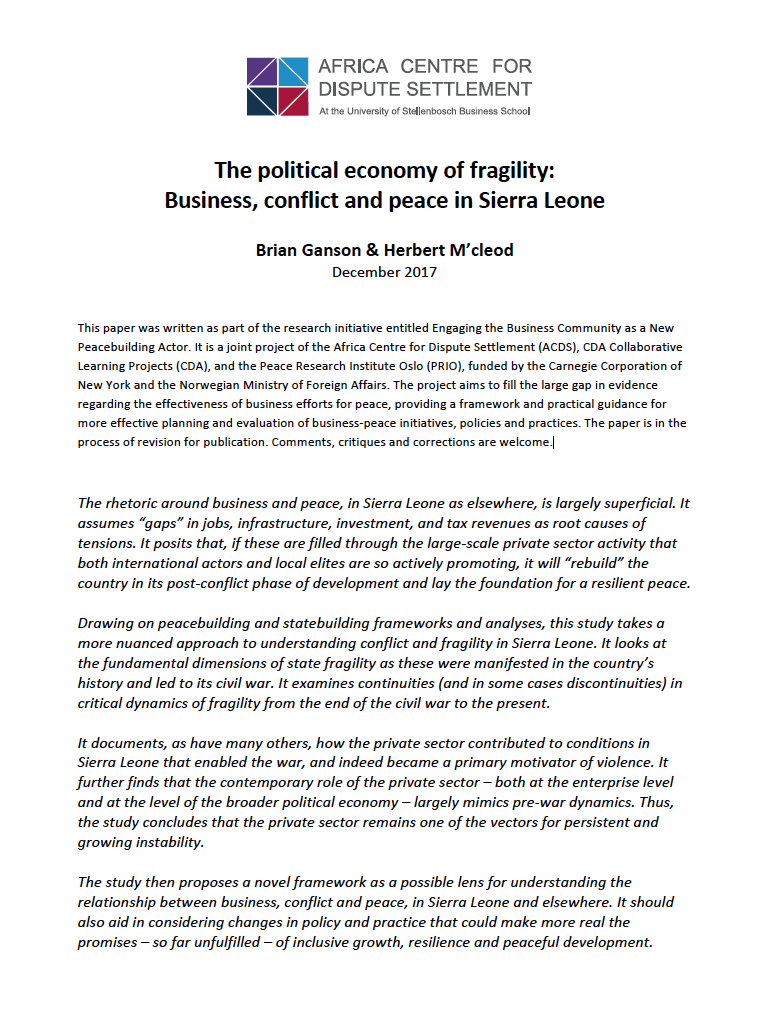Construyendo caminos de esperanza: Narrativas de jóvenes de la Amazonia colombiana
Construyendo caminos de esperanza: Narrativas de jóvenes de la Amazonia colombiana
Andrea Susana Lopez Torres,
Luz Dary Sotto Carvajal, Luis Eduardo López Castro
Todos participan de la iniciativa “Semillero de Investigación Inti Wayra” desarrollada en la Universidad de la Amazonia, Caquetá, Colombia. Este ensayo obtuvo el primer lugar en la séptima versión del Concurso Alimentos y pensamiento siempre en agenda cuya temática propuesta fue “Historias de vida que sobreviven la violencia y persecución en el campo en Sudamérica”.

